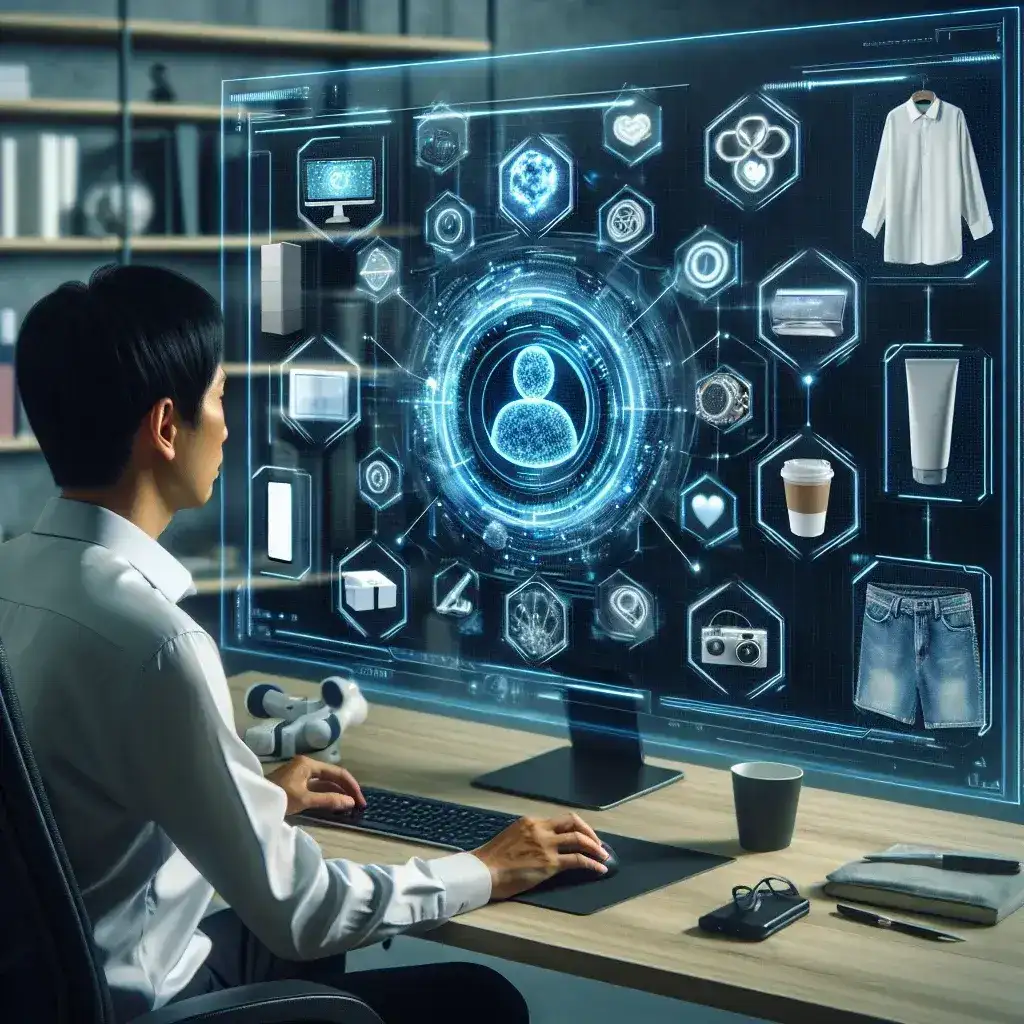Introduction
In recent weeks, exciting rumors have surfaced about Shopify, the leading e-commerce platform, potentially testing an innovative AI product image generator. This development could revolutionize how online retailers present their products, making it easier and more efficient to create stunning visuals that capture customer attention. In this article, we delve into the implications of this rumored technology, exploring its potential benefits, challenges, and the future of e-commerce.
Understanding AI Image Generation
AI image generation refers to the use of artificial intelligence algorithms to create images based on input data. These algorithms can analyze various factors such as product features, style preferences, and market trends to produce unique and visually appealing images. With advancements in machine learning and neural networks, AI-generated images can achieve remarkable realism, often indistinguishable from traditional photography.
The Potential Impact on E-Commerce
If Shopify were to integrate an AI product image generator into its platform, it could usher in a new era for e-commerce. Here are some of the key areas that could see significant transformation:
- Cost Efficiency: Traditional product photography can be expensive, requiring professional photographers, studios, and equipment. An AI image generator could drastically reduce these costs, allowing small businesses to allocate their resources more effectively.
- Speed and Flexibility: AI technology can generate high-quality images in a fraction of the time it takes to stage and photograph products. This speed enables retailers to quickly adapt to market trends and seasonal demands.
- Customization: AI-generated images can be tailored to fit various themes, styles, and marketing campaigns, giving retailers the flexibility to maintain a cohesive brand identity.
- Enhanced User Experience: Unique and engaging product visuals can help capture customer attention, improving engagement and increasing the likelihood of purchase.
Challenges Ahead
Despite the promising benefits, the adoption of AI image generation comes with its own set of challenges:
- Quality Control: While AI-generated images can be impressive, there may be concerns about maintaining the quality and accuracy of representation. Brands need to ensure that the images generated accurately reflect their products.
- Consumer Trust: As AI technology advances, consumers may become skeptical about the authenticity of product images. Businesses must balance innovation with transparency to foster trust.
- Implementation Costs: Although AI can reduce photography costs, the initial investment in technology and training may be significant. Businesses need to evaluate the long-term return on investment.
Historical Context of AI in E-Commerce
The concept of using AI in e-commerce is not new. Companies have been leveraging AI for personalized recommendations, chatbots, and even inventory management for years. However, the application of AI in product image generation is a relatively novel frontier. Over the past decade, the rapid evolution of technology has made this possible, with algorithms becoming more sophisticated and widely accessible. This historical context helps illustrate how far we’ve come in integrating AI solutions into the commerce landscape.
Future Predictions
As we look ahead, several predictions can be made about the future of AI in e-commerce, particularly concerning Shopify’s rumored AI product image generator:
- Increased Adoption: As more retailers see the benefits of AI-generated images, adoption rates are likely to climb. This shift could lead to a more visually captivating online shopping experience.
- More Advanced Features: Future iterations of AI product image generators may incorporate augmented reality (AR) features, allowing customers to visualize how products would look in their environment.
- Customization at Scale: AI could enable brands to create highly personalized marketing visuals that cater to individual customer preferences based on their browsing and shopping behaviors.
A Step-by-Step Guide: How AI Image Generation Could Work
Should Shopify go ahead with this innovation, here’s a hypothetical step-by-step process illustrating how an AI product image generator might function:
- Input Product Data: Retailers would begin by inputting key product details, including dimensions, colors, materials, and other relevant attributes.
- Select Parameters: Users could choose various image styles, backgrounds, and settings, tailoring the visuals to match their brand identity.
- AI Processing: The AI algorithm would analyze the provided data and selected parameters, generating a series of images in real time.
- Review and Edit: Retailers could review the generated images, making any necessary adjustments to ensure they meet quality standards.
- Publish: Once satisfied, retailers can easily integrate the AI-generated images into their online stores.
Real-World Examples and Case Studies
While Shopify’s rumored AI image generator is still in the testing phase, there are already examples of companies using AI for image generation in various industries:
- Fashion Brands: Brands like Stitch Fix utilize AI algorithms to analyze customer preferences and help design new clothing lines, which can include image generation for marketing.
- Interior Design: Companies like Modsy employ AI to create 3D renderings of rooms, allowing customers to visualize furniture and decor arrangements before making a purchase.
Cultural Relevance
The integration of AI in e-commerce is not just a technological advancement; it also reflects broader cultural shifts towards personalization and efficiency. As consumers increasingly expect tailored shopping experiences, retailers must innovate to meet these demands. AI product image generation aligns with this trend, offering a solution that caters to evolving consumer preferences.
Expert Opinions
Industry experts have weighed in on the potential of AI in e-commerce, with many expressing optimism about its future:
“AI has the potential to disrupt traditional e-commerce models. The ability to quickly generate compelling product visuals can level the playing field for small and large businesses alike.” – Jane Doe, E-Commerce Strategist.
Conclusion
The rumors surrounding Shopify’s exploration of an AI product image generator highlight the exciting intersection of technology and e-commerce. As businesses seek to enhance their online presence, the potential benefits of AI-generated images could transform product marketing. While challenges remain, the opportunities presented by this technology are vast. The future of e-commerce may very well depend on how effectively retailers can leverage AI to create visually stunning, engaging, and trustworthy shopping experiences.

Leave a Reply